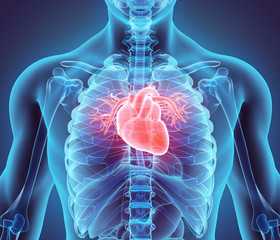Homocysteine: The Hidden Marker For Vascular Inflammation
Homocysteine is an amino acid that is produced by the body during the process of breaking down dietary protein. Normally, homocysteine is metabolized by the body and converted into other amino acids, which can then be used to build proteins or produce energy. However, in some cases, the body is not able to properly metabolize homocysteine, leading to a buildup of this amino acid in the bloodstream.
High levels of homocysteine in the blood have been linked to a number of health problems, including an increased risk of heart disease, stroke, and cognitive decline. In fact, elevated levels of homocysteine have been identified as a significant risk factor for cardiovascular disease, which is the leading cause of death worldwide.
One of the main reasons why high levels of homocysteine are considered to be harmful is that they can damage the lining of the blood vessels, leading to inflammation and the formation of plaques. These plaques can narrow the blood vessels and restrict blood flow, increasing the risk of heart attack and stroke.
Fortunately, there are several steps that you can take to help reduce your homocysteine levels and lower your risk of developing cardiovascular disease. One of the most important things you can do is to maintain a healthy diet that is rich in nutrients that help to metabolize homocysteine, such as folate, vitamin B6, and vitamin B12. Foods that are high in these nutrients include leafy green vegetables, fruits, whole grains, and lean proteins such as fish and chicken.
In addition to eating a healthy diet, it’s also important to get regular exercise and to avoid smoking, which can both contribute to higher homocysteine levels. If you are concerned about your homocysteine levels, your doctor may recommend a blood test to check your levels and provide guidance on how to lower them if necessary.

